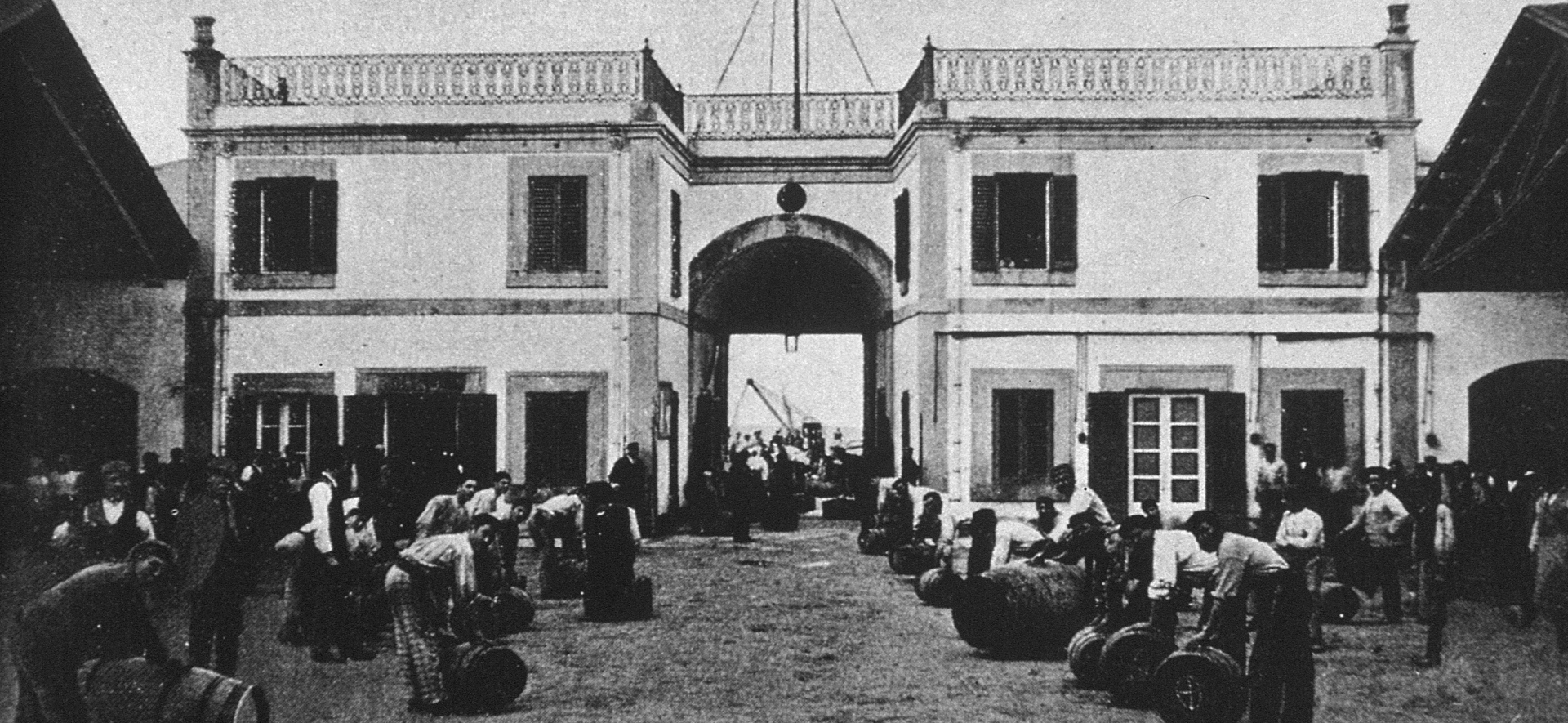

Those who deal with wine, either as professionals or just as wine lovers, recognise that wine tourism in Greece is at a very early stage and certainly still has a long way to go to establish itself as an interesting and lucrative segment of the very prosperous tourism industry in our country.
Many wineries in several parts of Greece are open to visitors and do offer organised guided tours and wine tastings, but at present there’s inadequate promotion of their activities, and so attendance remains very limited. Nevertheless, many of us who love wine, who like to walk in the vineyards, to sample wines selected by those who make them and to talk to them about the world of wine, think that Greece could, in fact, become a paradise of wine tourism.
To help substantiate that claim, let’s close our eyes and imagine we’re wandering through some of the most important viticultural zones of our country, starting from Macedonia and Central Greece, going on to Evia and the Peloponnese, then stopping at several Aegean and Ionian islands before finishing up, of course, in Crete. Wine tourism could, for instance, be combined with thematic tourism; the wineries could be matched with those unique ancient monuments that are generously scattered in every corner of our country, from Knossos in Crete to Vergina in Macedonia, and from the sites of Cycladic culture on our islands to the Parthenon in Athens or the Temple of Poseidon at Sounion in Attica.
Wine tourism could also be combined with an exploration of rich local and regional gastronomy. Greece is famous for the uniqueness of its cuisine of its geographical areas. The combination of indigenous grape varieties and local specialties would satisfy even the most demanding connoisseurs. And, of course, let’s not overlook the natural charms of the locations. Santorini, for example, has dozens of wineries to visit, some of which are located in places of unique beauty. Crete does, too, as do Tinos, Paros and other places as well. Even on the mainland, some wineries are located in places that would be envied by the best hotels.
As for the purely wine part, there are thousands of local varieties in Greece and almost 4,000 years of experience in winemaking. In recent years, Greek wine has undoubtedly gone through a period of significant prosperity, and several Greek labels have been recent winners at international competitions and hold places of honour on international wine lists. Indigenous varieties such as Assyrtiko, Xinomavro, Robola, and even Agiorgitiko are internationally recognised.
There are fine efforts being made in organised wine tourism, too, such as the work of Grape Escape (www.grapeescape.gr). On their wine tours, experienced sommeliers accompany participants to the most interesting wineries of each region and point out the true gems of each winery. At the same time, attendees learn all about the wines and the vineyards of Greece, as well as the local gastronomy.
Taking all of this into account, and for a number of other reasons that every wine-loving traveller will discover on their own, Greece might just be the next paradise for wine tourists. g
Με την εγγραφή σας στη λίστα των παραληπτών θα λαμβάνετε το newsletter του grape!





Με την εγγραφή σας στη λίστα των παραληπτών θα λαμβάνετε το newsletter του grape!